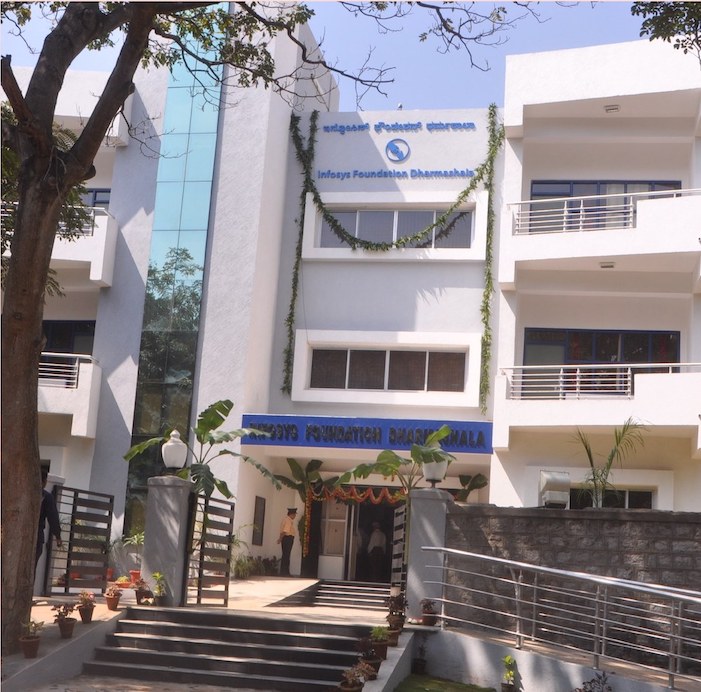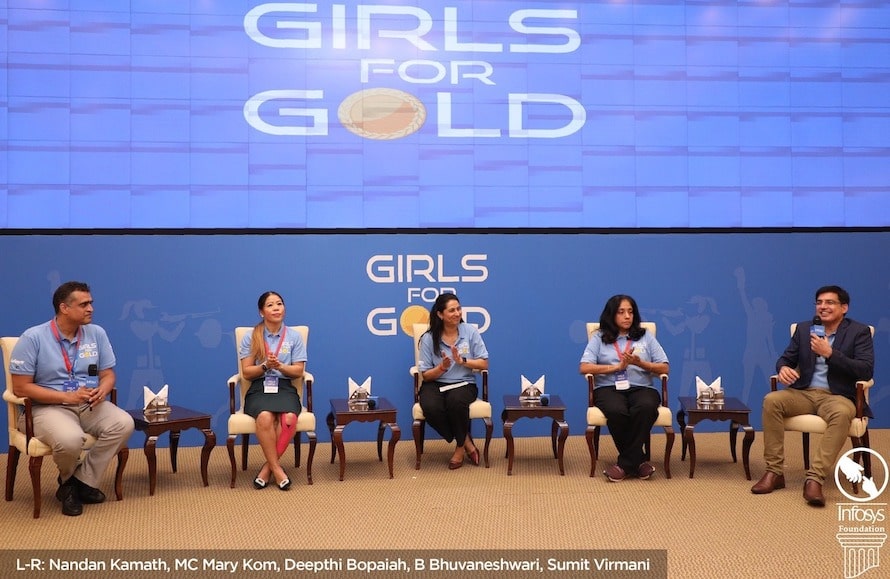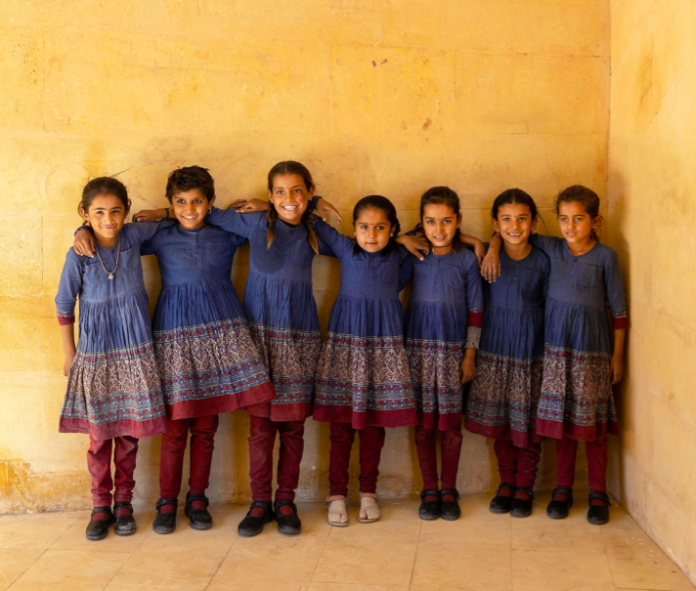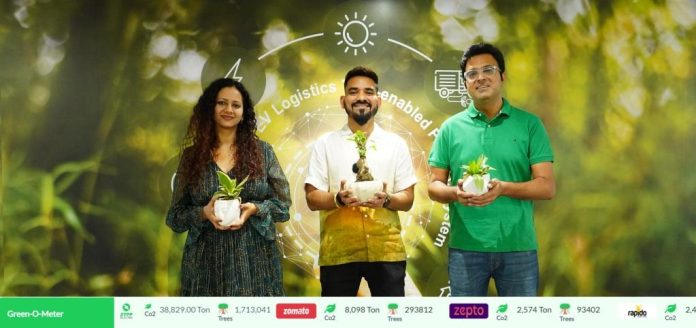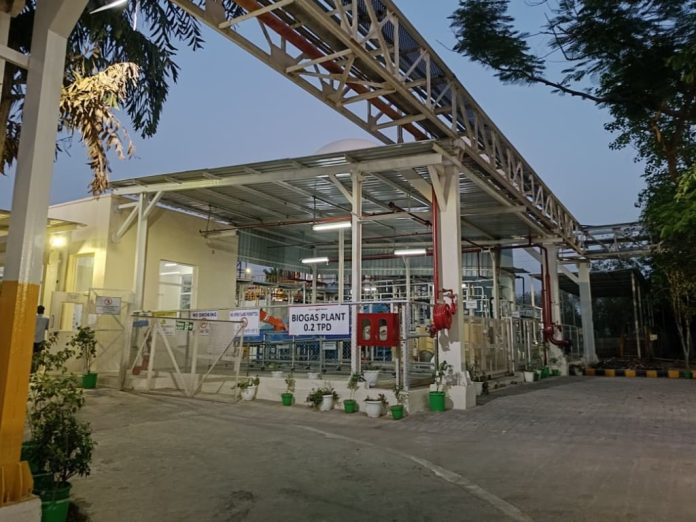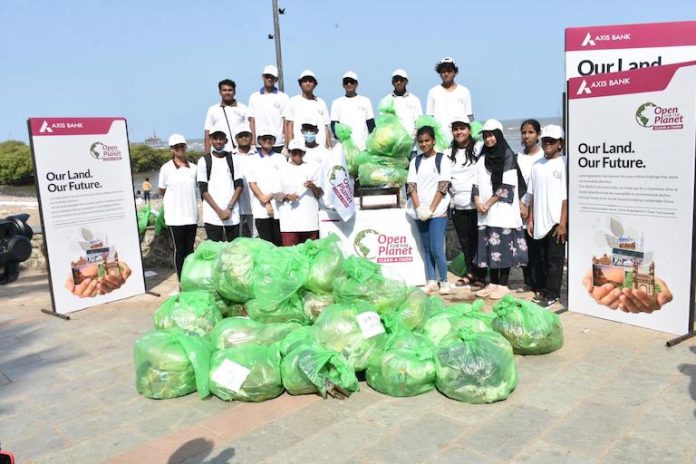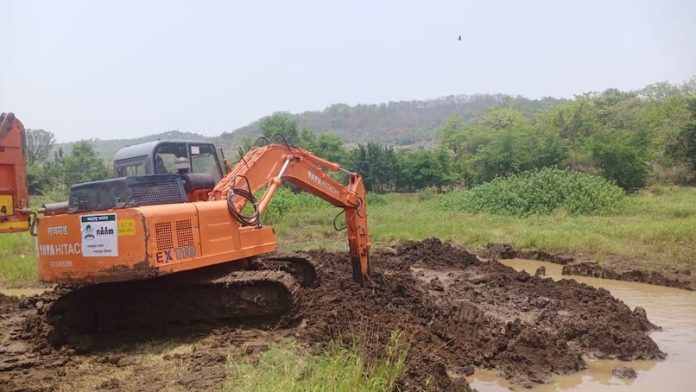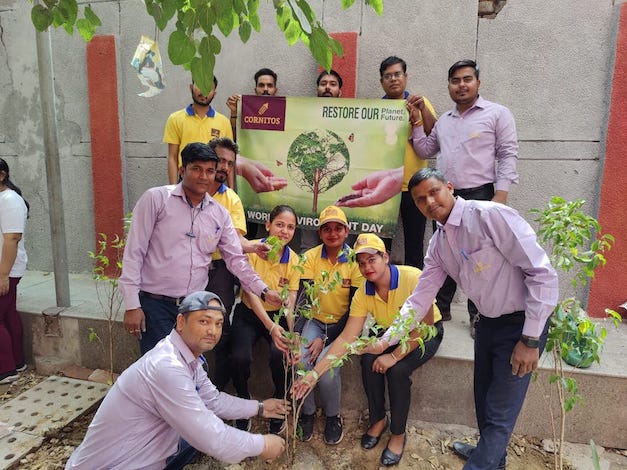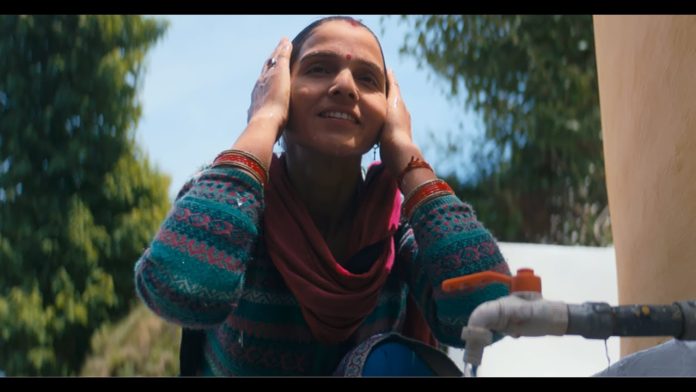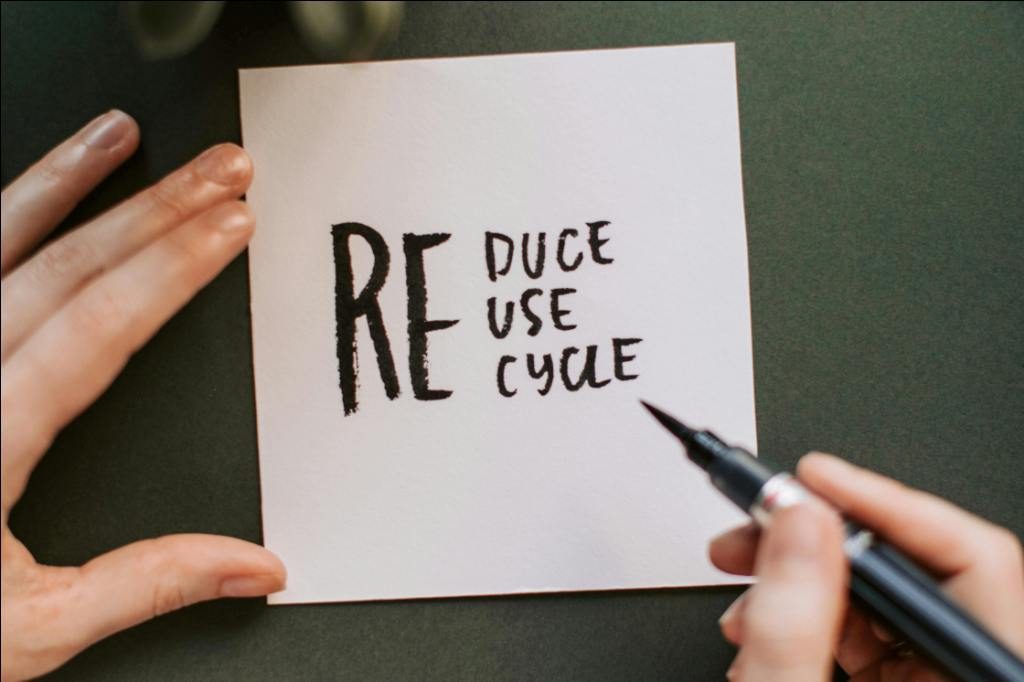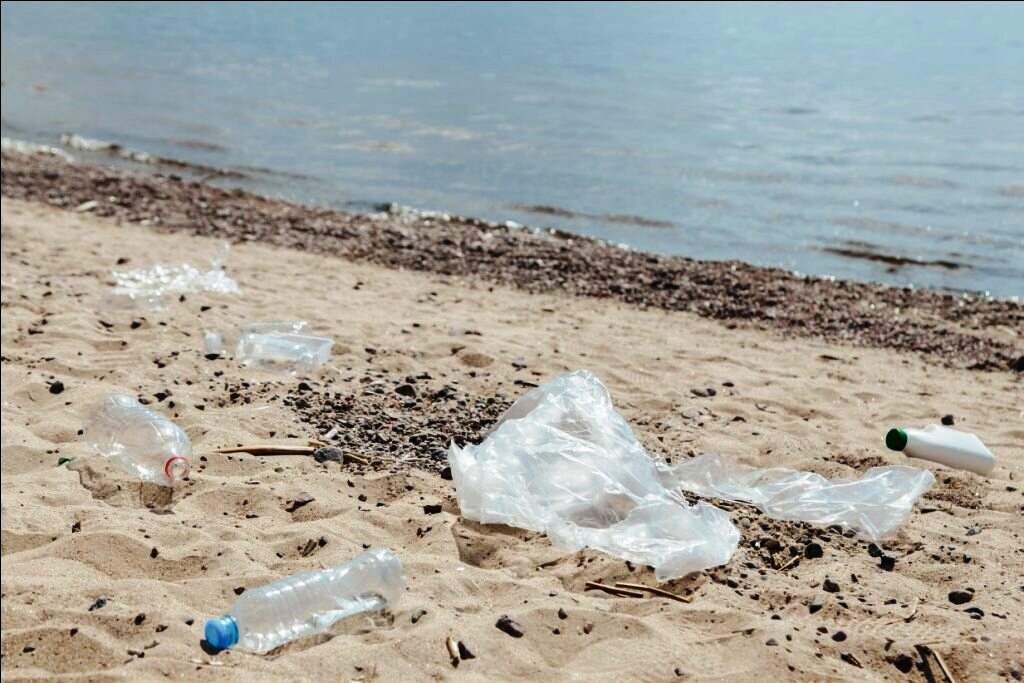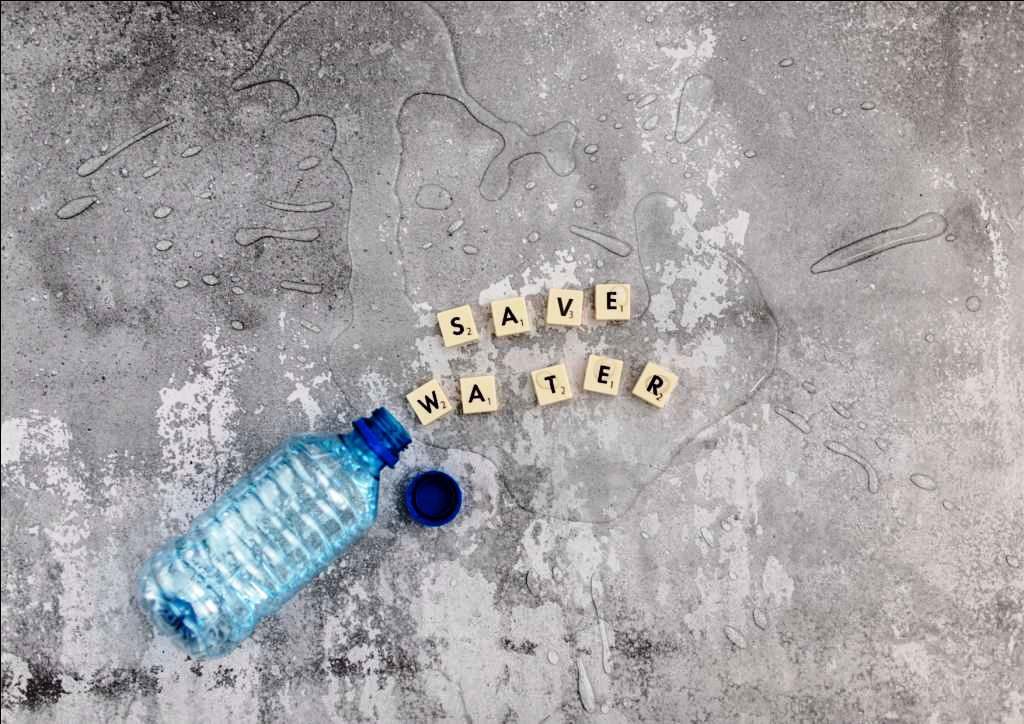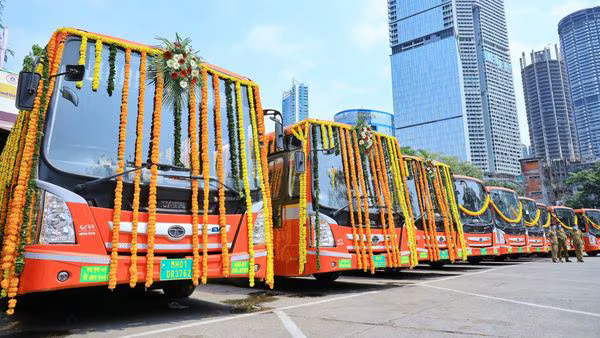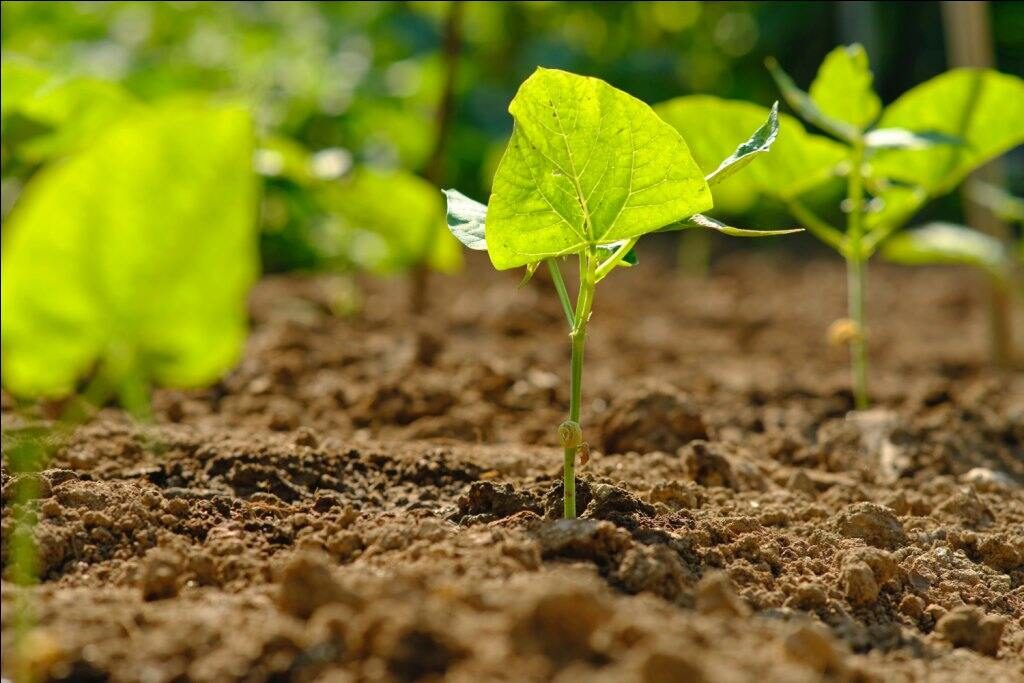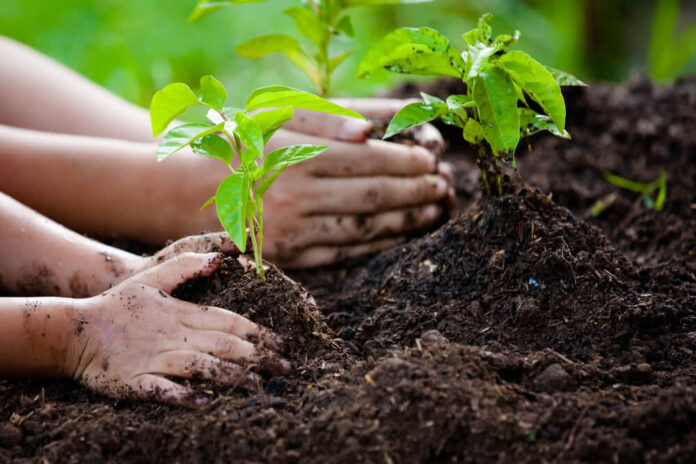Infosys Foundation is deeply committed to the empowerment of women and girls through educational initiatives and skill development programs. The collaborative effort between Infosys Foundation and CITTA Education Foundation India aims to provide quality education to students hailing from villages and hamlets in Sam, Salkha, and Kanoi regions of Rajasthan. Specifically, this program targets the students of Rajkumari Ratnavati Girls School in Jaisalmer, Rajasthan. The overarching goal is to educate and empower these girls, enabling them to become well-informed, courageous, competent, and empathetic global citizens. CITTA Education Foundation India, a non-profit organization, focuses on supporting underprivileged, economically-challenged, and marginalized communities residing in geographically remote areas of Rajasthan. Rajkumari Ratnavati Girls School is duly registered with the Board of Secondary Education Rajasthan (RBSC).
This one-year program, commencing in March 2023, adopts an innovative and engaging approach to learning by integrating digital and activity-based methodologies. The program aims to foster conceptual clarity in foundational subjects, ensuring that the learning process is not only effective but also enjoyable for the students. By creating a vibrant and interactive learning environment, the program endeavors to instill a love for learning and engage the students actively in their educational journey.
The joint venture between Infosys and CITTA Education Foundation India aims to enhance educational opportunities for girls in the region, with a strong focus on promoting gender equality, bridging the gender gap in education, and empowering girls to become self-reliant. The project endeavors to create a safe, supportive, positive, and inclusive learning environment for the girls, while equipping them with the necessary tools and resources to develop social and emotional skills. In addition to academic pursuits, the project emphasizes the importance of extracurricular activities, such as sports and handicrafts, to foster holistic development and enable the exploration of talents and interests.
An essential aspect of the initiative involves promoting community involvement and engaging parents and community members in supporting girls’ education. To ensure the project’s effectiveness, a comprehensive survey conducted in collaboration with the district administration of Jaisalmer assessed the wealth index of over 400 families residing within a 20-kilometer radius. The survey findings informed the selection process, enabling the project to reach students from vulnerable and financially disadvantaged backgrounds.
The program encompasses both academic and 21st-century skills training, enabling the girls to discover their inner strengths and focus on holistic development beyond mere academic success. The initiative will benefit 140 students across various grade levels, from classes 1 to 5. In addition to providing quality education, the girls will receive essential learning materials, uniforms, midday meals, and a convenient pick-up and drop-off facility. The classes are designed to be highly encouraging and interactive, with the aim of improving enrollment rates and promoting student retention.
To leverage the benefits of technology in education, the project team will establish a digital library within the school premises. This initiative will introduce technology-enhanced learning, making the classroom environment more engaging for the students and familiarizing them with digital tools. The digital library will offer a range of resources, including e-books, educational videos, and digital games, to supplement traditional learning methods. By integrating digital literacy into the curriculum, the students will develop the essential skills needed for success in the 21st century.
5. Environmental Sustainability
In recent times, the Infosys Foundation has intensified its efforts towards environmental initiatives, aiming to restore equilibrium that has been disrupted by pollution, mismanagement and depletion of natural resources, exacerbated climate change, and human-induced damage.
5.1 Restoring an Architectural and Green Heritage
Infosys Foundation recognizes its responsibility towards future generations and believes in the restoration of heritage sites and water bodies. In the past, the Foundation has partnered with various organizations to restore significant heritage sites. This time, in collaboration with the Society for Advancement of Human Endeavor (SAHE) based in Telangana, the Foundation has undertaken a monumental task.
One such site in focus is the Lingampet stepwell, known as Naganna Baavi. Historically, stepwells were constructed across India by royalty to provide water to the people and serve as shelters for travelers. However, with the advent of piped water and drilled wells, many of these magnificent structures were abandoned and fell into disrepair, becoming neglected and even serving as dumping grounds.
Over the years, Naganna Baavi had suffered from neglect, leading to the growth of vegetation and trees within its premises. This deterioration weakened the structure of the five-level stepwell, each level being at least 20 feet high. The accumulation of silt and waste obstructed the aquifers, making it challenging to access the stepwell. Additionally, the intrusion of 30-year-old trees into the masonry and the lack of demarcation posed further challenges.
Recognizing the value of the structure and its potential to enhance the lives of the local community, SAHE was invited by the Kamareddy Collectorate to restore Naganna Baavi. SAHE undertook the documentation of the project and appointed architects for the restoration, while Infosys Foundation provided vital support and funding. Dedicated volunteers from Infosys monitored the progress and supplied the necessary tools for this enormous undertaking.
The restoration of Naganna Baavi holds numerous benefits. It will reactivate the aquifers and improve groundwater resources, directly benefiting approximately 20,000 locals in the area and revitalizing an entire ecosystem. With a capacity to hold over 18 lakh litres of water, the revival of the stepwell will also support the agricultural needs of farmers in the region. Furthermore, it aims to raise awareness among residents about the significance of water resources and promote their sustainable utilization.
5.2 Sustainable Transport
Namma Metro, the metro rail transport system of Bengaluru, has become an integral and indispensable part of the city’s daily life. With its extensive 70-kilometer network, it serves a remarkable daily ridership of 380,000 people. Each day, these individuals contribute to reducing air pollution and carbon emissions, making a positive impact on the environment. It is a source of great pride for Infosys Foundation to be a significant partner of Namma Metro, actively involved in the construction of the Infosys Foundation Electronic City Station, an essential element of Phase 2 of the metro rail project.
The decision of Infosys Foundation to support this metro rail project is rooted in its steadfast commitment to promoting environmental sustainability. By providing a seamless and time-efficient commute, the metro project has liberated countless travellers who were previously trapped in perpetual traffic congestion. The Infosys Foundation Electronic City Station serves as a vital transportation hub for thousands of professionals commuting to the bustling IT centre of Bengaluru. While the project faced delays due to the unfortunate COVID-19 pandemic after the signing of a memorandum of understanding (MoU) between the Foundation and BMRCL in 2018-19, work has now resumed and is nearing completion, showcasing the dedication and resilience of all involved parties.
6. Art and Culture
The Museum of Art & Photography (MAP) in Bengaluru, established by the Art & Photography Foundation, is at the forefront of leveraging technology to bring arts and culture to the heart of society. Infosys Foundation, a firm believer in promoting art and preserving it for future generations, stands as a proud partner of MAP in this endeavor.
The collaboration between Infosys Foundation and MAP began in 2020 when the Foundation became one of the founding patrons, providing crucial support and becoming a valued donor. This support primarily focused on the construction of the museum building in Bengaluru and the technological development of the digital museum, an encyclopedia, interactive website experiences, software visualizations, and exhibitions. On February 18, 2023, the museum opened its doors to the public.
The Infosys Foundation Gallery hosts art exhibitions showcasing the finest works of renowned and emerging artists. Each exhibition spans three months and offers free access to unique and exquisite artworks. This art gallery serves as a platform to support artists and ensure that art enthusiasts can revel in the beauty of exceptional creations.
Taking art beyond the confines of museums and galleries, the ongoing partnership project, initiated in September 2022 and scheduled for completion in August 2025, focuses on innovative museum experiences. With the Foundation’s support, MAP is creating wall-based three-dimensional (3D) holographic projectors, a digital platform to catalog the MAP collection, and state-of-the-art IT infrastructure for the new museum. Additionally, a user-friendly and captivating website is being developed, providing visitors with a virtual museum experience complete with comprehensive details of the collection, digital exhibitions, ongoing and upcoming events, blogs, articles, video series, and educational initiatives.
Another significant aspect of the project is the creation of the MAP Academy Encyclopedia of Art (MAEA), an extensive and inclusive online resource featuring historical research on art from South Asia. This encyclopedia is freely accessible to all, promoting knowledge and understanding of the region’s artistic heritage.
Furthermore, the project emphasizes comprehensive content creation, particularly for digital platforms. From exploring artificial intelligence and holographic technology to utilizing 3D representations, photogrammetry, virtual reality, and touch screens, the team continually seeks ways to enhance public engagement and enrich art experiences.
Conclusion
Infosys Foundation through its CSR projects has worked towards helping society and achieving sustainable development. It leverages its high tech background and implements projects which are tracked on a real-time basis and hence create lasting impact in the community.
